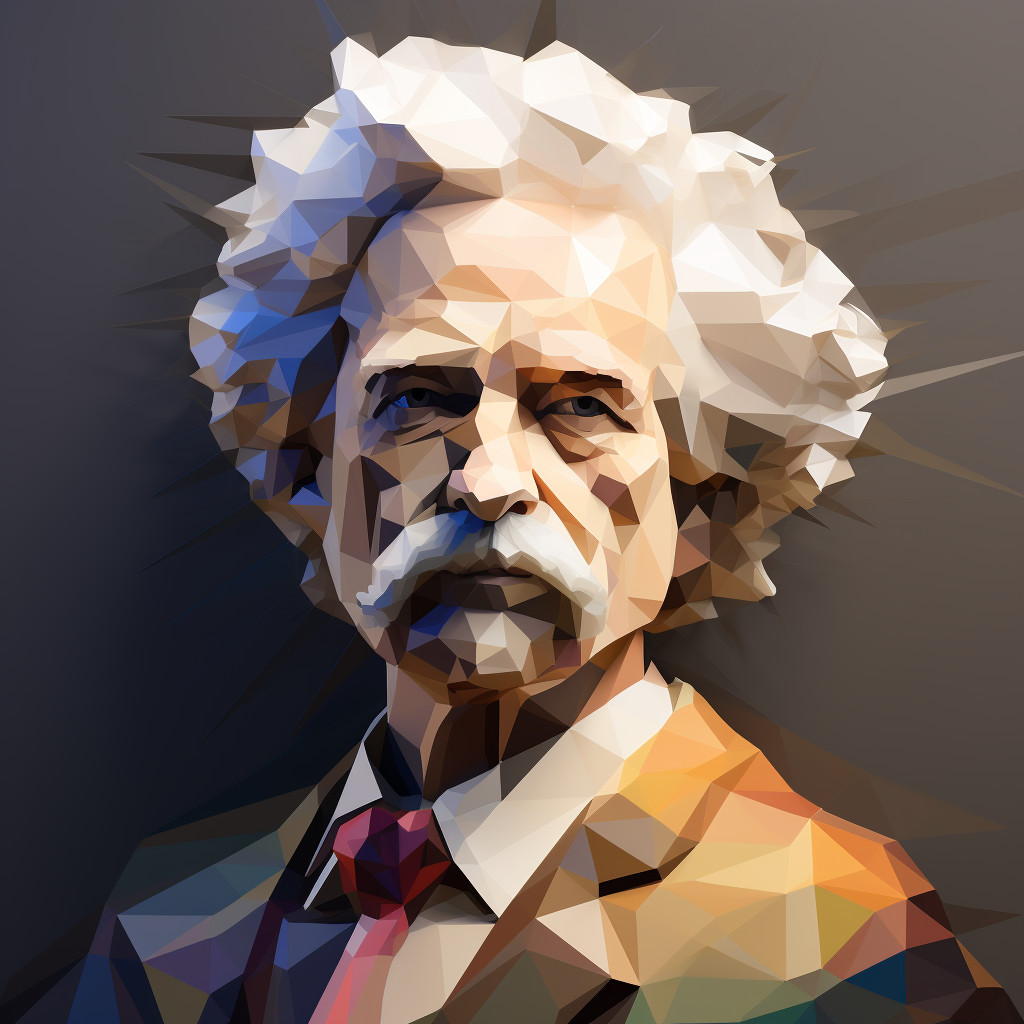This quote is a commentary on the power of belief and the human propensity for faith. It suggests that while miracles – events or phenomena that cannot be explained by natural or scientific laws – are awe-inspiring, the ability of people to accept these miracles without question or doubt is even more remarkable.
In other words, Twain is highlighting the human capacity for credulity – a readiness to believe in things without sufficient evidence. He suggests that this capacity is even more awe-inspiring than the miracle itself. This could be interpreted as a critique of blind faith, or as a celebration of the human capacity for wonder and belief.
Applying this idea to today’s world, we can see examples of this in many areas. For instance, in the realm of politics, people often accept claims made by politicians at face value without critically examining the evidence. This could be seen as a form of credulity. Similarly, in the world of social media, misinformation and ‘fake news’ often spread rapidly, with many people accepting these stories without questioning their validity.
In terms of personal development, this quote could serve as a reminder to maintain a healthy level of skepticism and to critically examine the information we receive. While it’s important to have faith and belief, it’s also crucial to question and verify, to separate fact from fiction. It encourages us to not just passively accept information, but to actively engage with it, to question, and to think critically. At the same time, it also highlights the beauty and power of belief, reminding us that our capacity for faith and wonder is a fundamental part of what makes us human.





